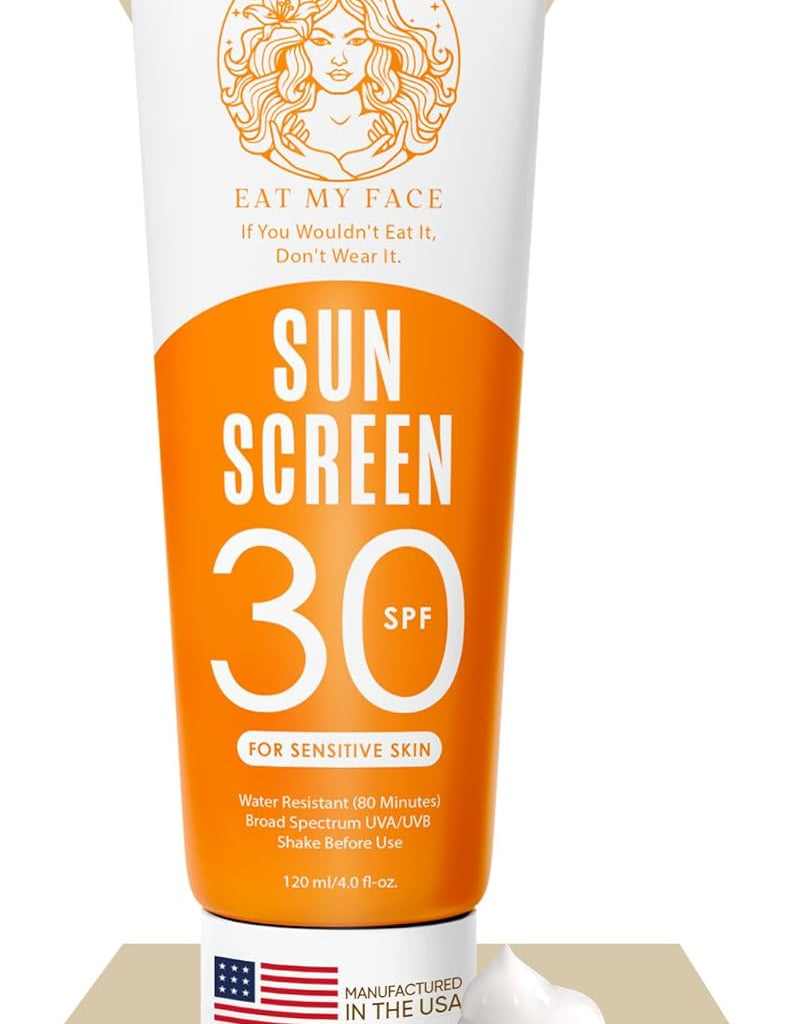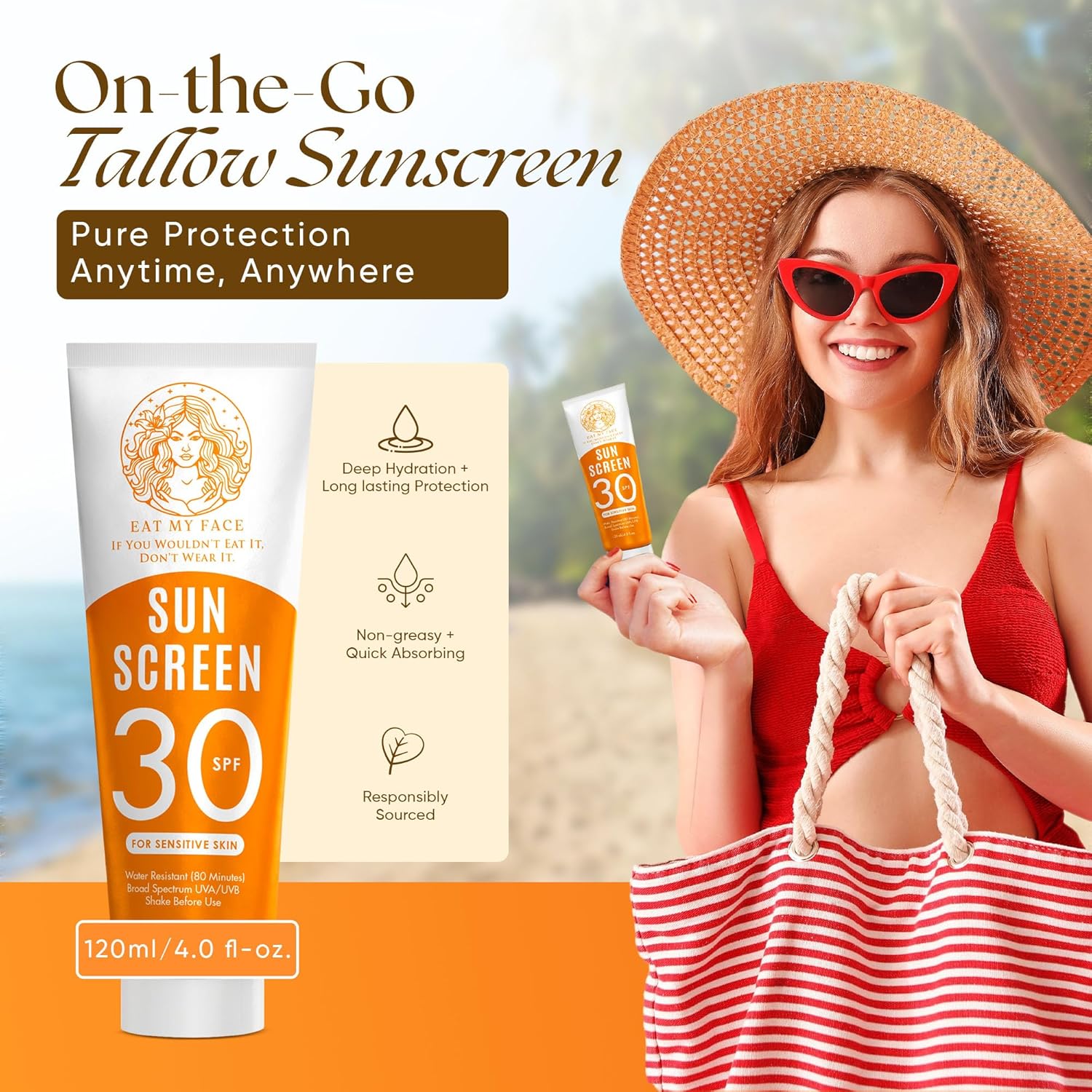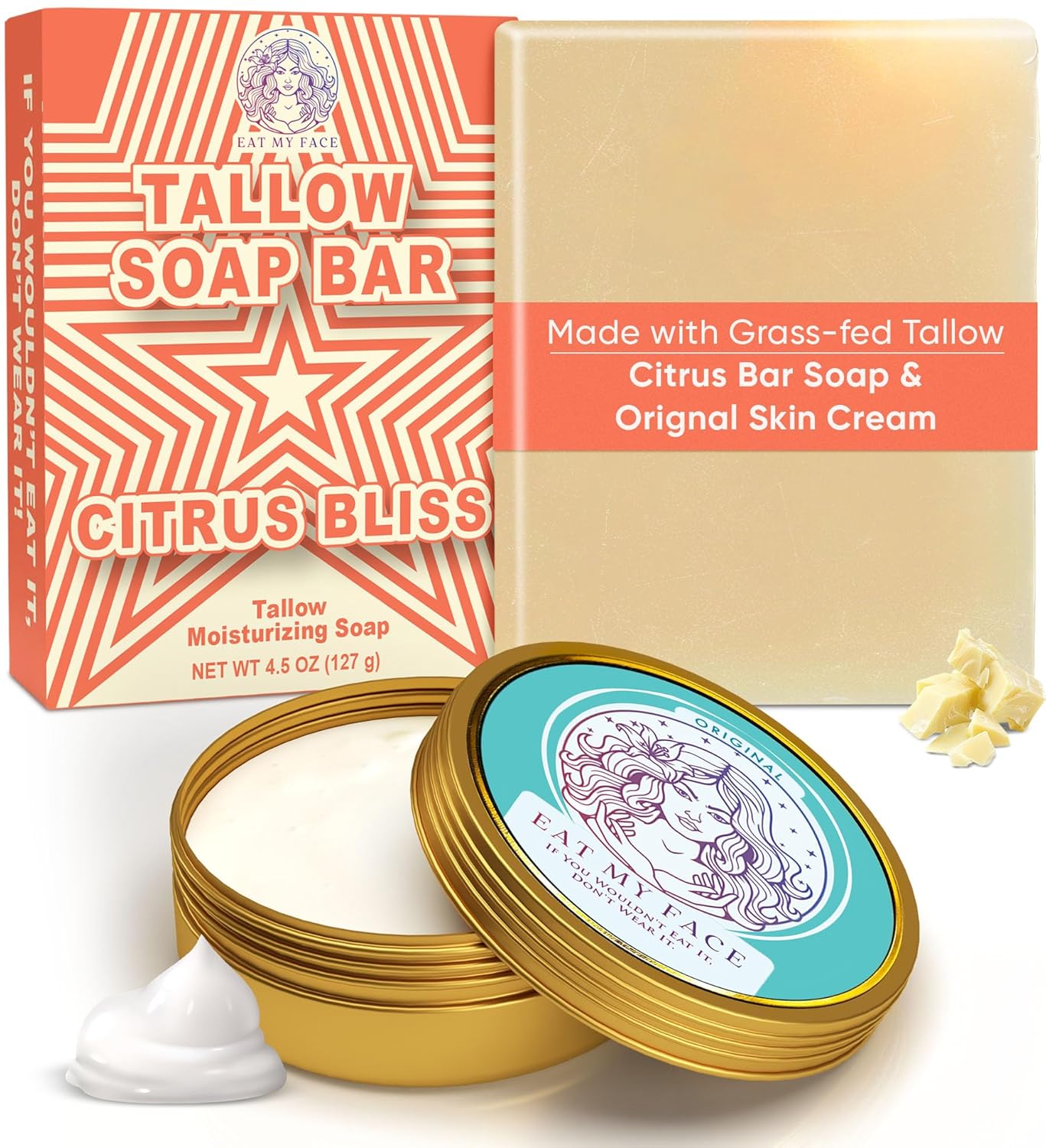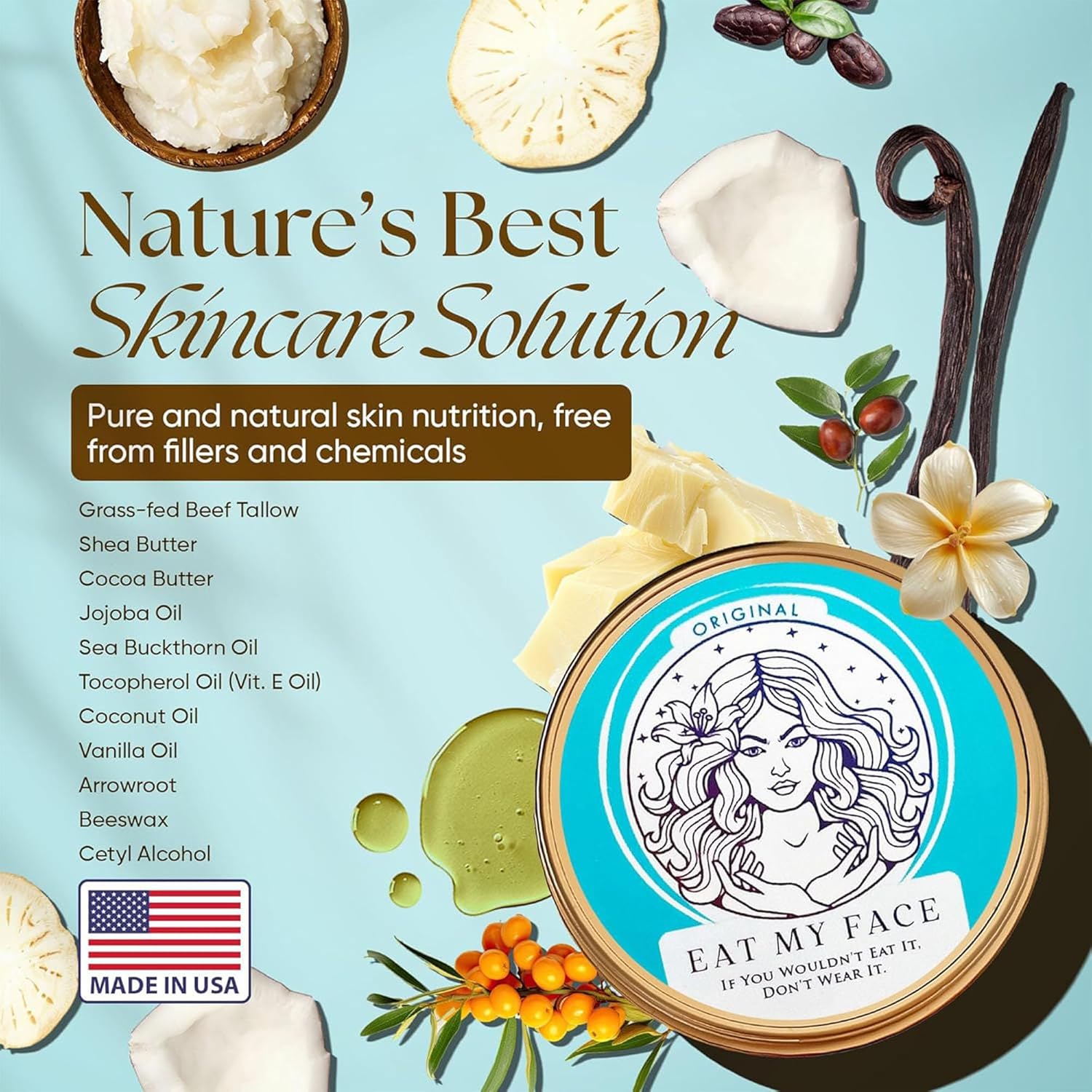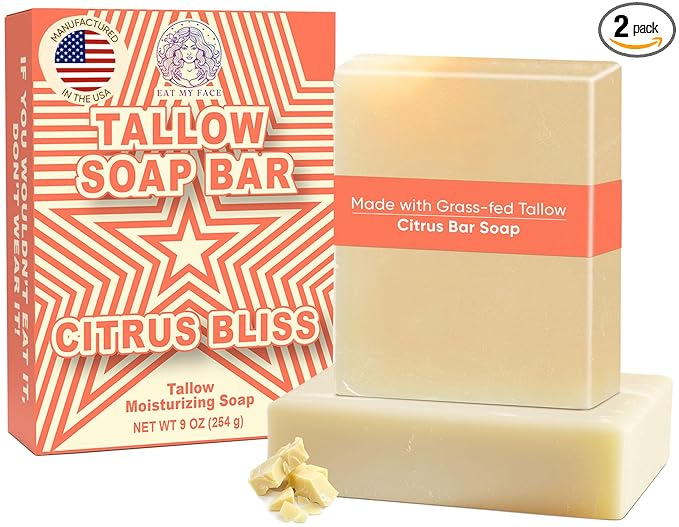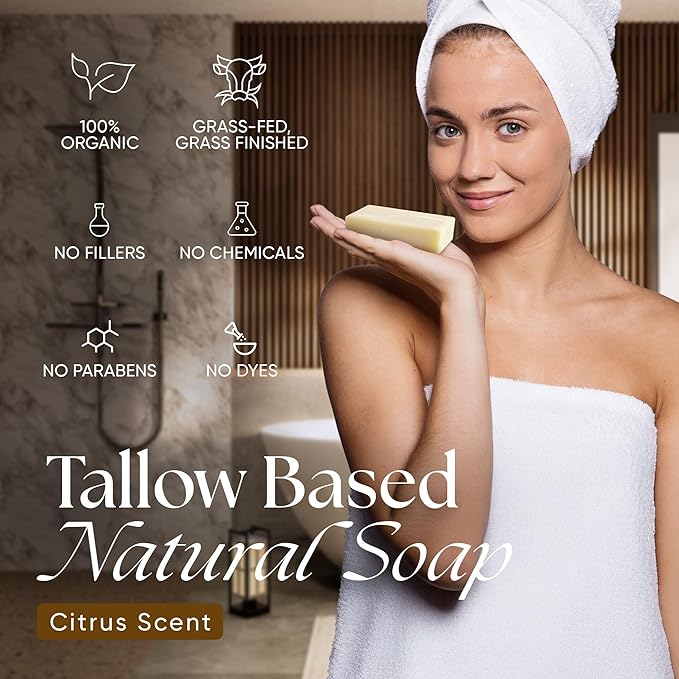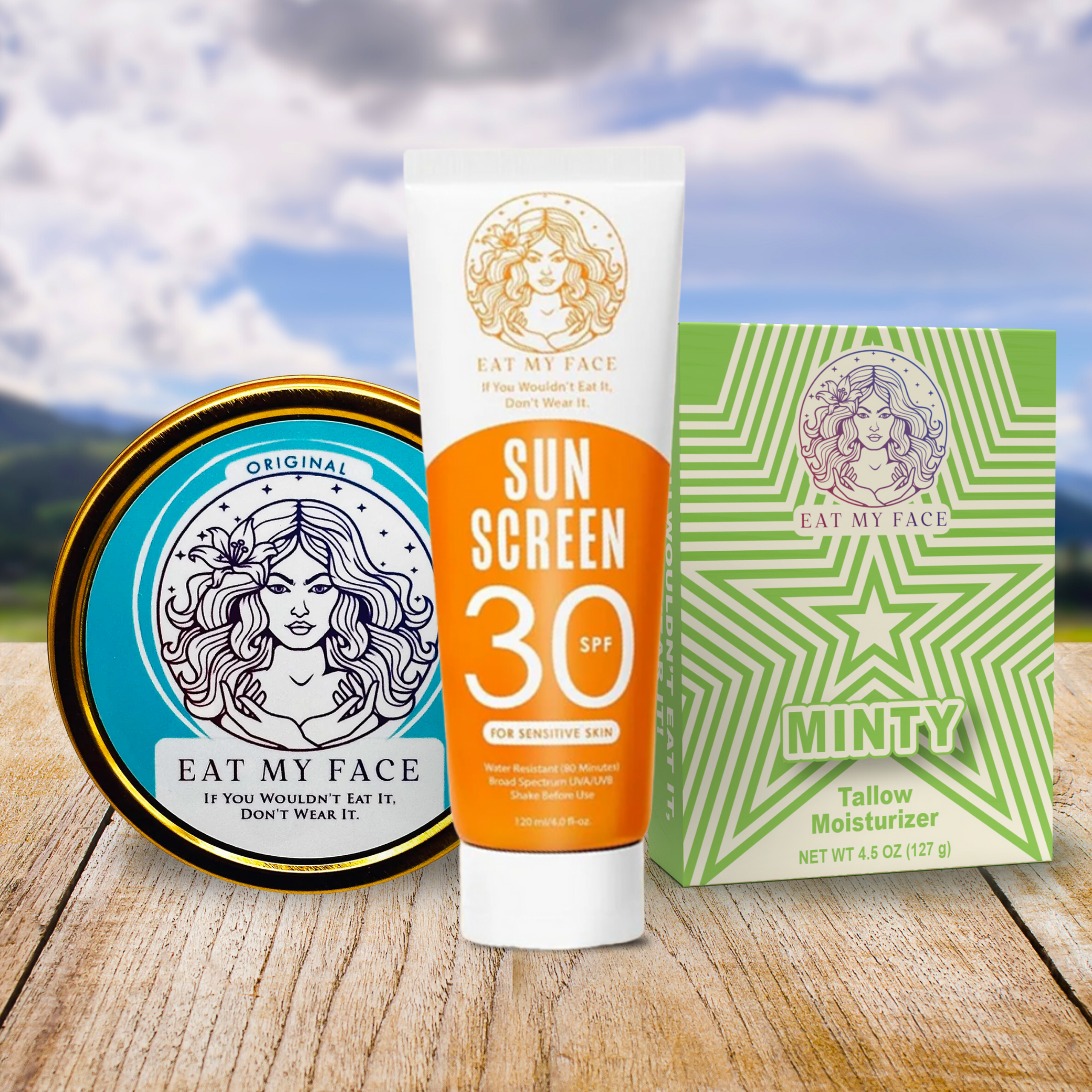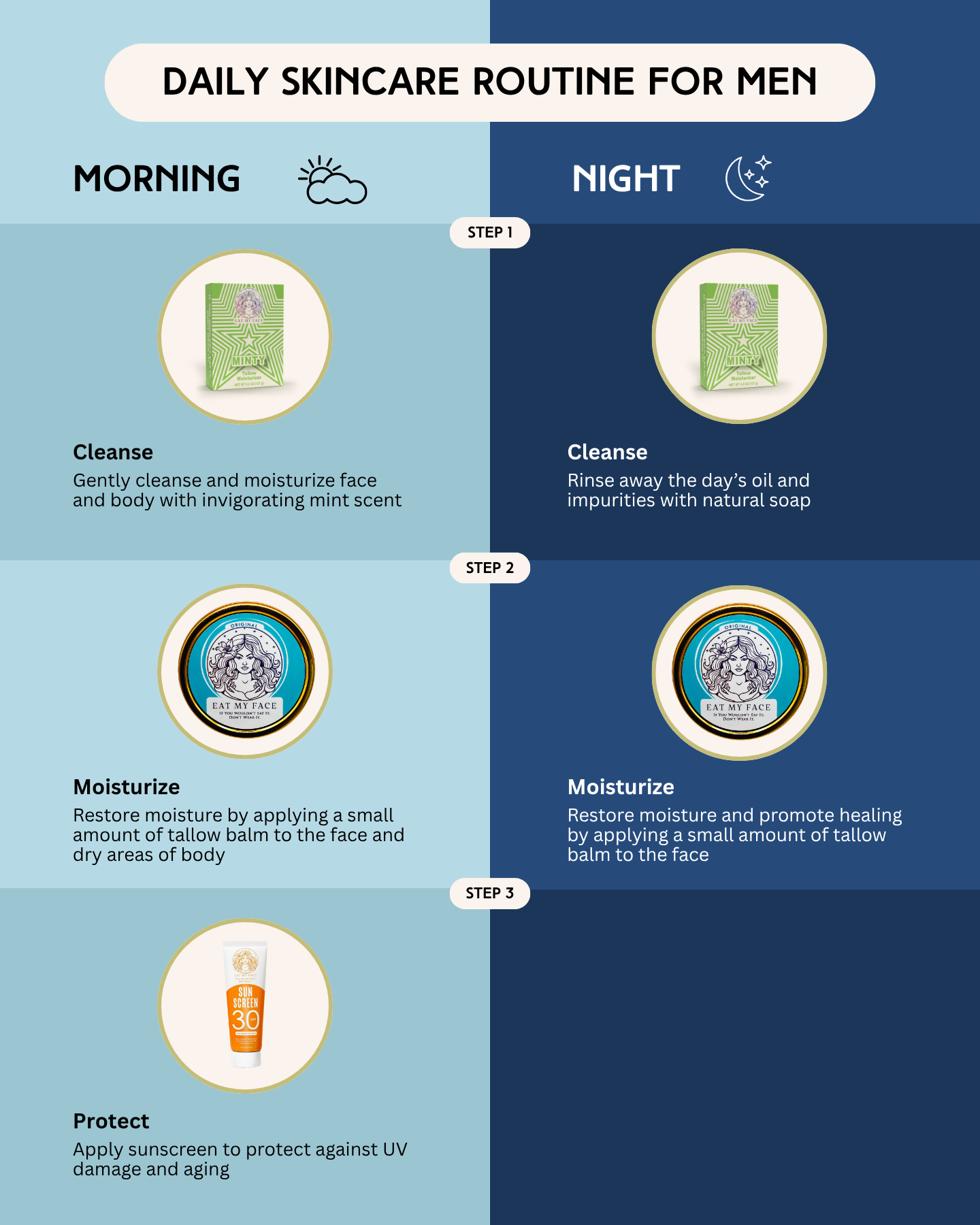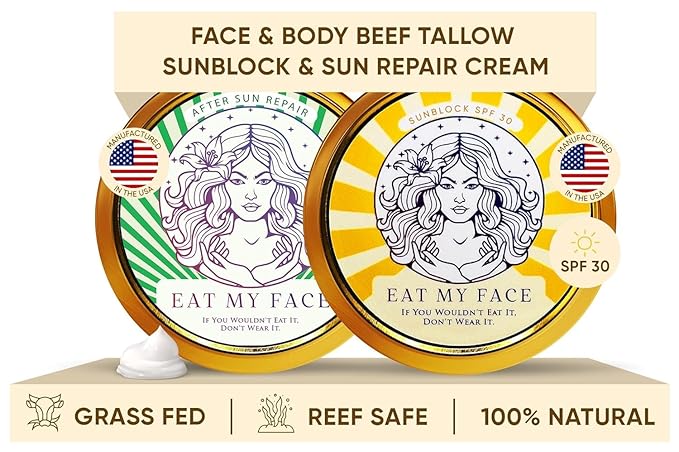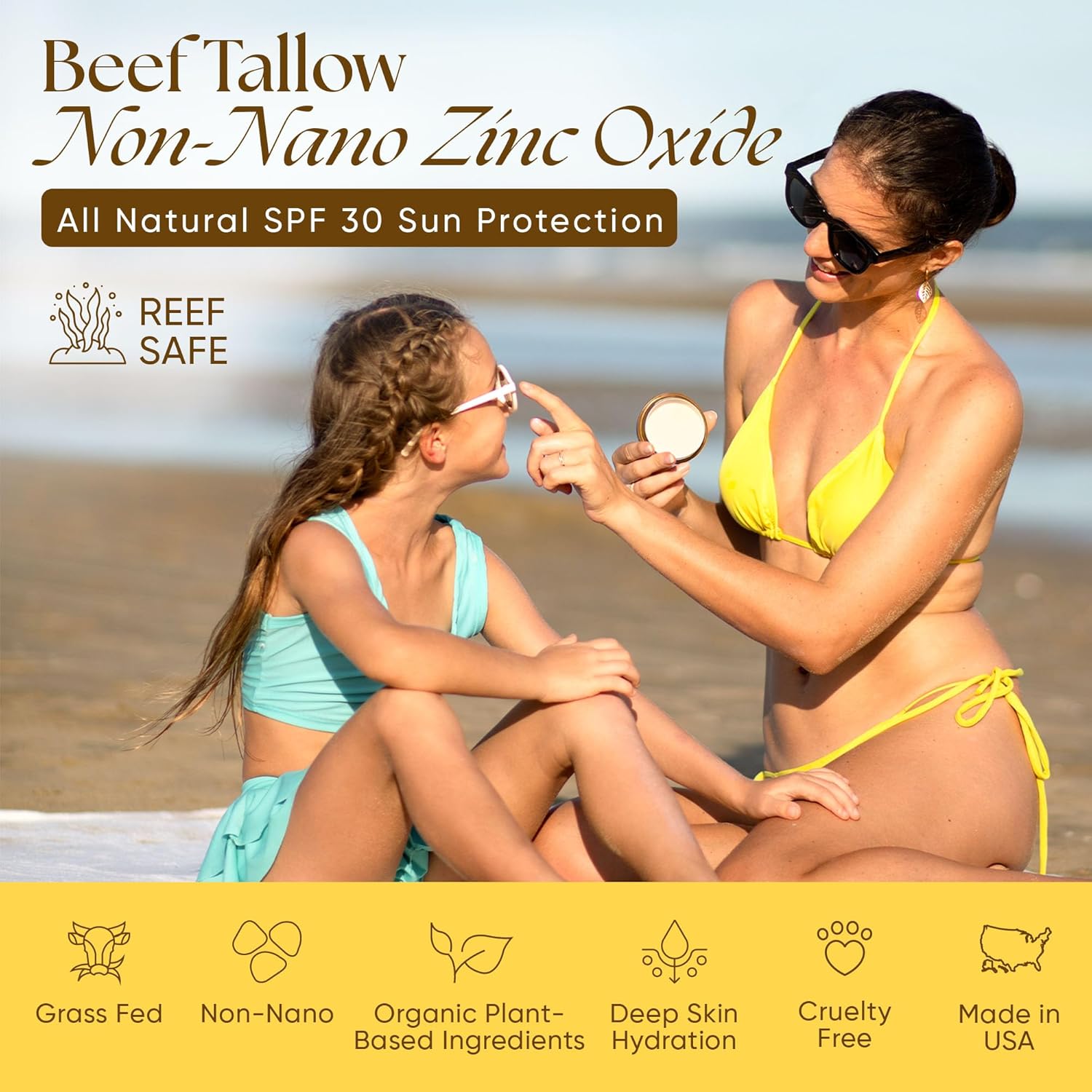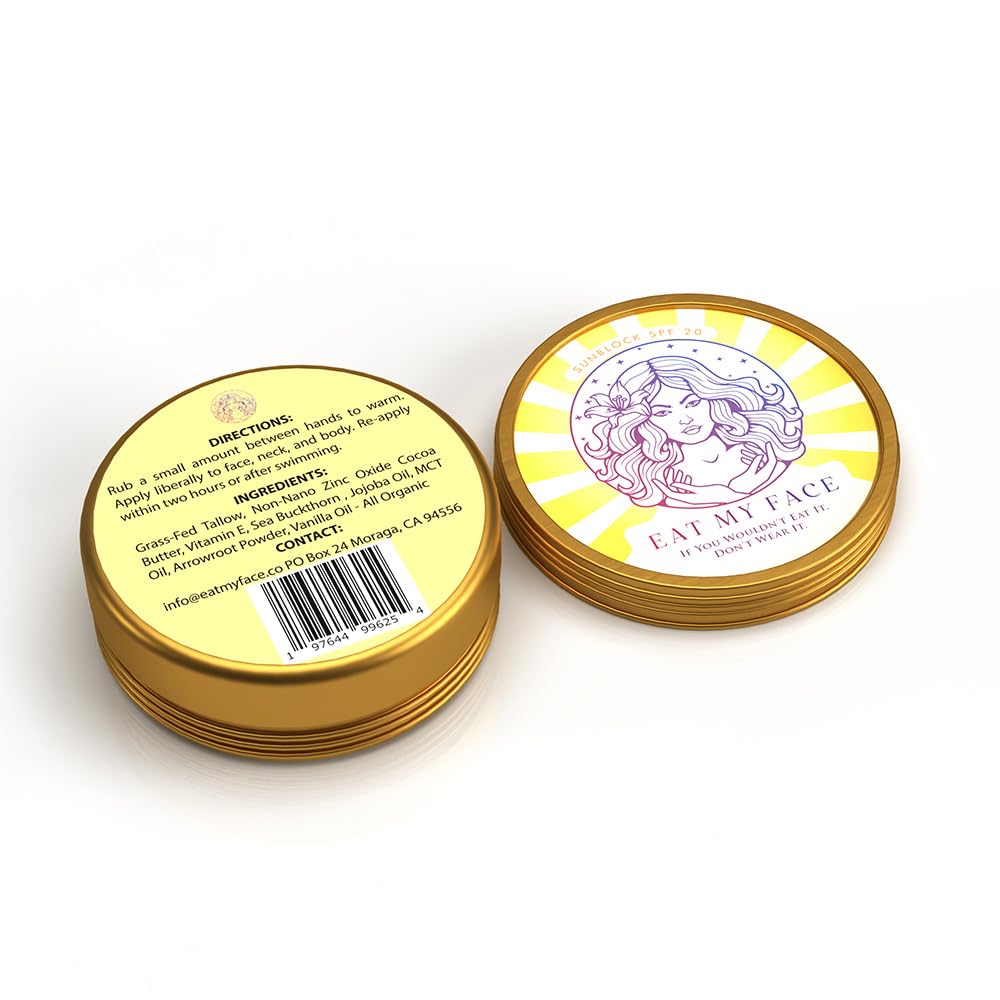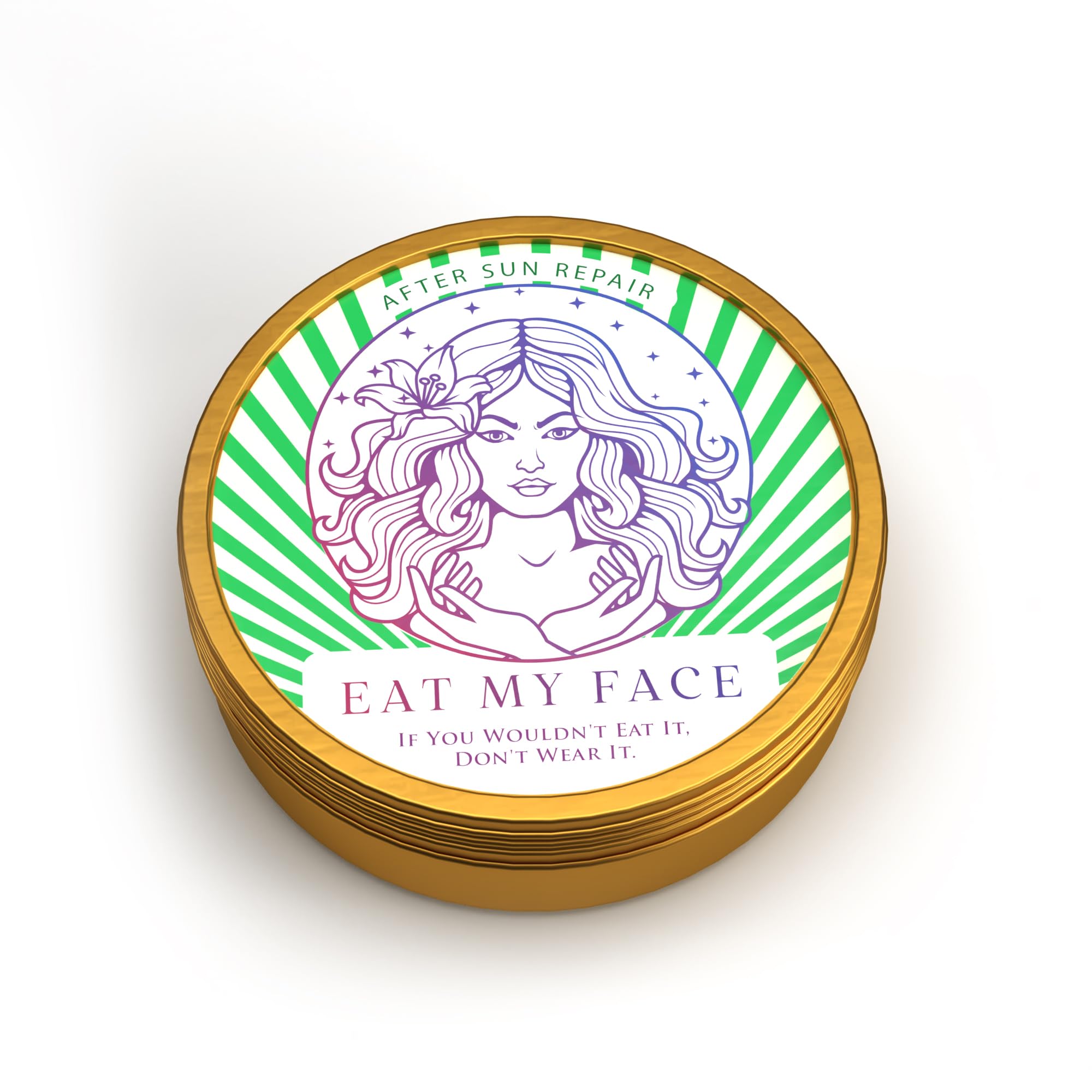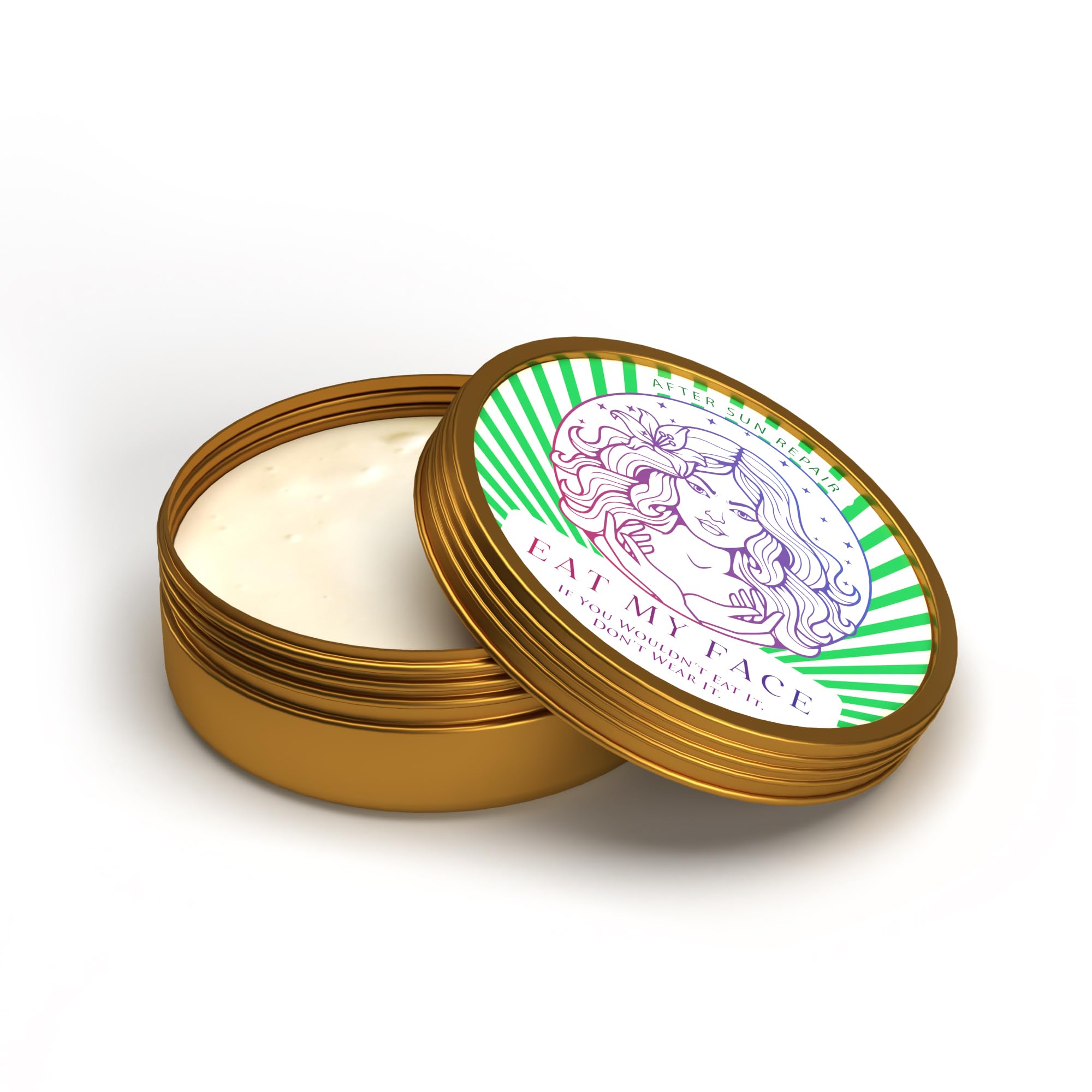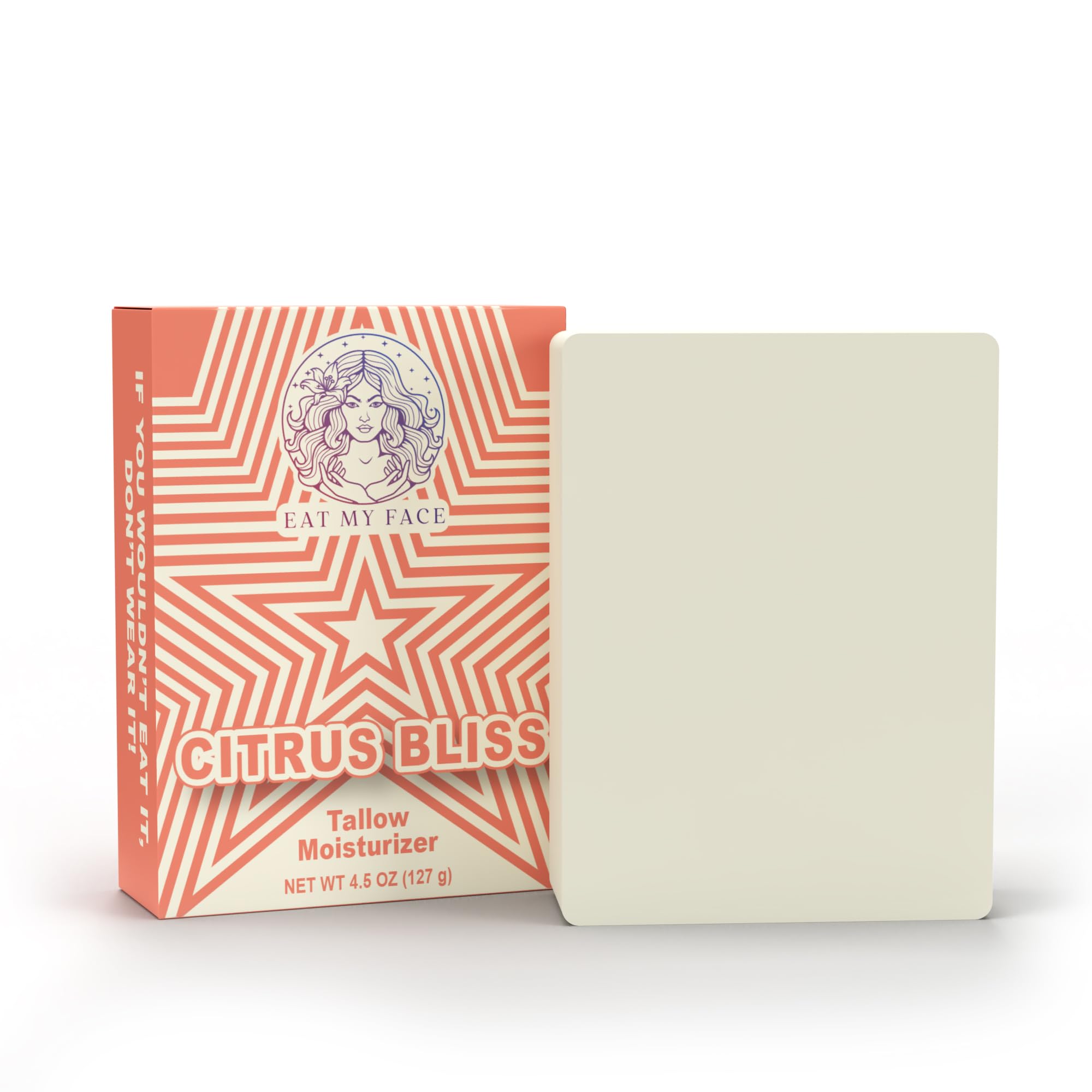When it comes to fitness and outdoor activities, sunscreen is as essential as a good pair of sneakers. But did you know that the very product you use to protect yourself from the sun could pose hidden dangers? This article delves into the risks associated with chemical sunscreens, urging fitness enthusiasts to make informed choices for their skin and overall health.
The Chemistry Behind Sunscreen: Sunscreen comes in two primary types: chemical and physical (or mineral). Chemical sunscreens, which are more common, contain organic (carbon-based) compounds that absorb UV radiation. These compounds include ingredients like oxybenzone, avobenzone, octisalate, octocrylene, homosalate, and octinoxate.
Potential Health Risks:
- Hormonal Disruption: Chemicals like oxybenzone and octinoxate have been linked to hormonal imbalances. They mimic hormones in the body, potentially disrupting the endocrine system and affecting thyroid function, reproductive health, and even developmental processes in children.
- Skin Allergies: With increasing usage, reports of skin allergies and reactions to chemical sunscreens have risen. Ingredients like octocrylene can trigger allergic reactions, especially in sensitive skin.
- Cell Damage and Premature Aging: Some ingredients, under UV exposure, can generate free radicals. These unstable molecules can damage cells, accelerating aging and increasing the risk of skin cancer.
- Impact on Marine Life: Chemical sunscreens don't just affect human health. When washed off in the ocean, they can harm marine ecosystems, particularly coral reefs. Oxybenzone and octinoxate, for instance, have been shown to contribute to coral bleaching.
Safer Alternatives: Given these risks, what are your options? Physical sunscreens, using minerals like zinc oxide or titanium dioxide, are effective alternatives. They create a physical barrier on the skin, reflecting UV rays. Unlike chemical sunscreens, they:
- Start protecting immediately upon application.
- Are less likely to cause skin irritation.
- Do not penetrate the skin, reducing systemic exposure.
- Are considered safer for marine life.
While we all need sun protection, especially during outdoor workouts, it's vital to choose products that safeguard our health without unintended consequences. By opting for mineral-based sunscreens, fitness enthusiasts can protect their skin from UV rays while avoiding the potential hazards of chemical sunscreens.
Next time you gear up for a run, a swim, or a game under the sun, remember to choose your sunscreen as carefully as you choose your sports gear. Your skin – and the planet – will thank you.



